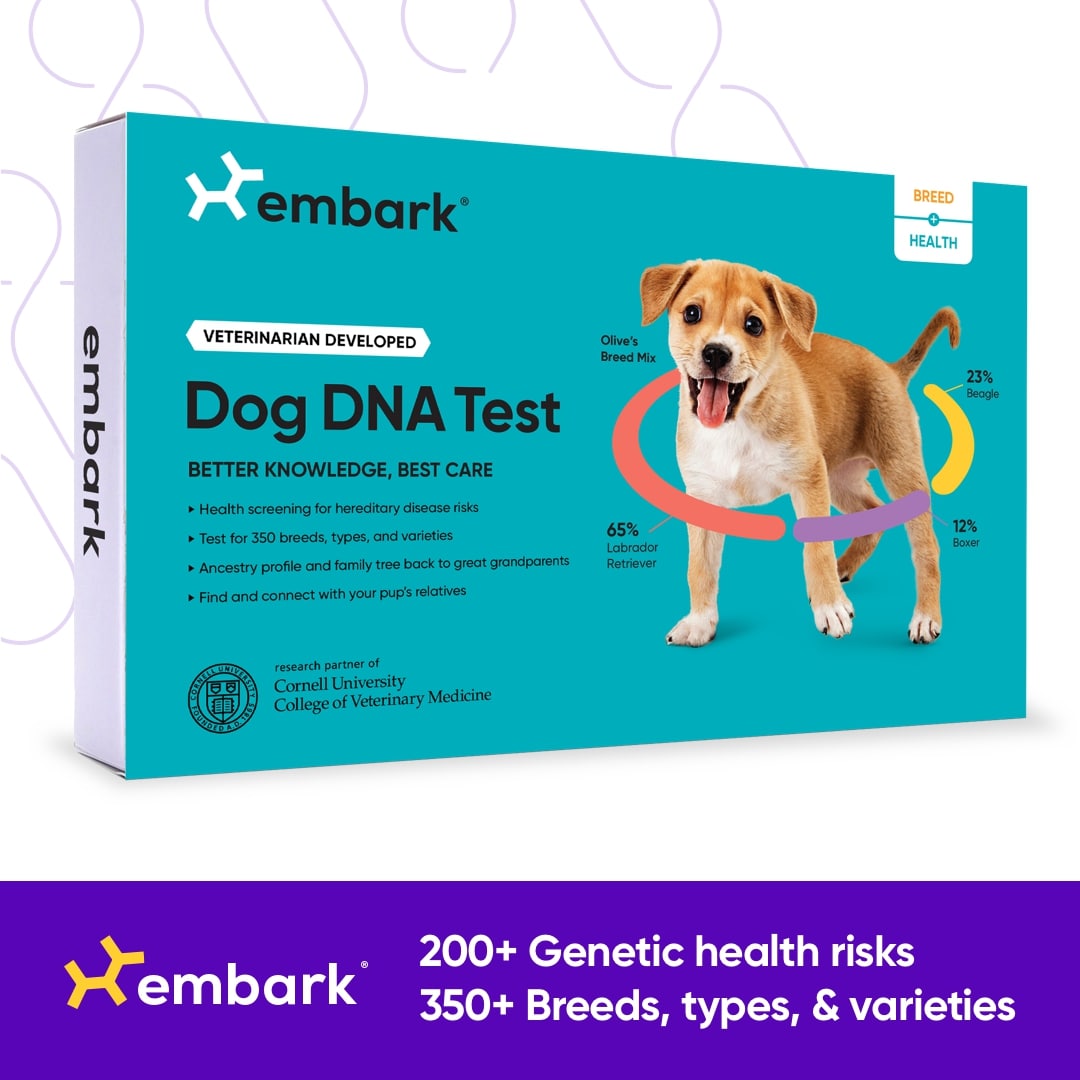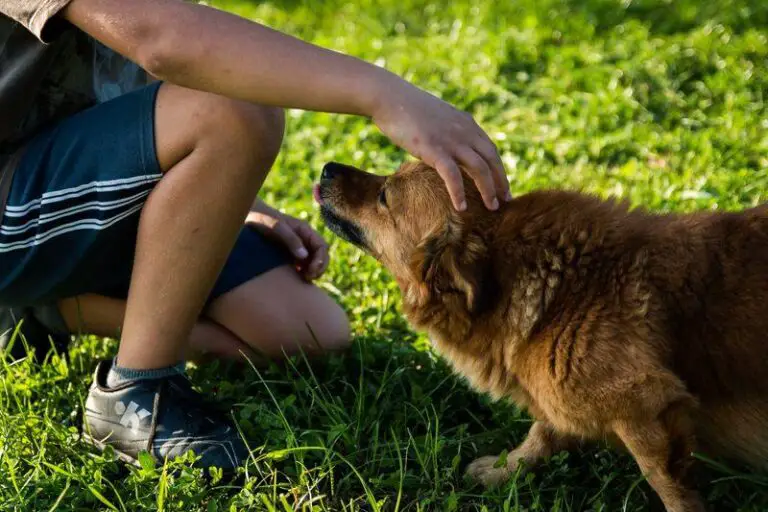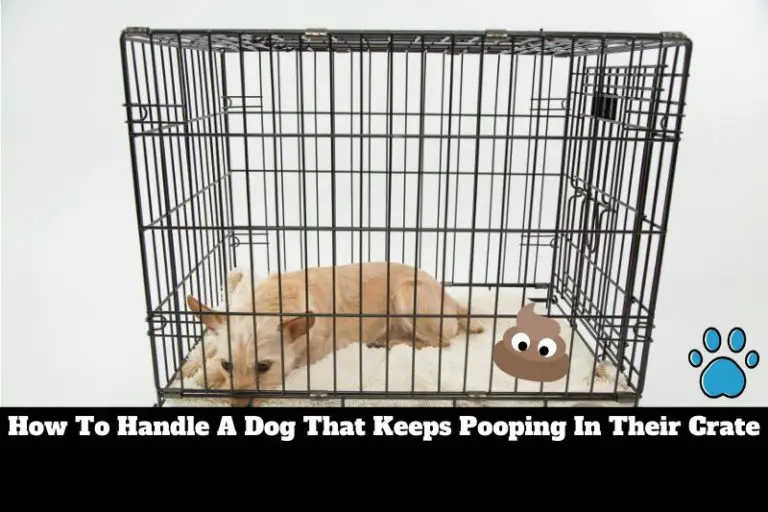A Puppy’s First Worming: Your Deworming Guide
The birth of a litter of puppies is exciting.
Throughout the duration of the pregnancy, your main priority is the mother. Her health and wellness can help ensure that the puppies will be healthy also.
After the birth, however, your work isn’t over. There is still a lot for you to do over the next two months.
The care of the newborn puppies is a paw parent’s #1 responsibility.
While the mother will handle the feeding regimen, you also must ensure that she is healthy and capable of supplying all the pups with milk.
Take care to keep track of the puppies’ weights and to look for any signs of malnutrition.
With newborn puppies, you must inspect them to be sure that they are healthy and normal. If you are unsure about what the pups should look like, you can always call your veterinarian to ask specific questions.
In general, they should have a healthy coat, functioning body parts, and moist, pink gums.
If you have raised puppies before, then you may already know that most pups are born with worms.
Whether this is your first litter or if you have raised several, the more you know about intestinal worms and the deworming process, the healthier your puppies will be.
Here is what you need to know about worming a puppy or a litter of puppies.
How Do Puppies Pick Up Worms?
Roundworms are the most common worm in puppies. In most cases, roundworms are transmitted from the mother to the pups through the placenta.
This means that your puppies are usually born with worms. You can treat the mother in advance.
Use a fenbendazole wormer or any wormer that your veterinarian recommends from about day 40 to about two days after the birth of the puppies.
Treating the mother in advance may not eradicate the worms. It will, however, help to reduce the transmission.
In addition to mother to pup transmission, puppies can catch roundworms through eggs.
Often, playing outside or exposure to other dogs’ feces is how puppies become infected.
Intestinal worms can spread through eggs and larvae present in the feces of other dogs. Roundworms, of course, are the most common intestinal parasite.
Puppies can also pick up tapeworms, whipworms, and hookworms.
Hookworms can pass through a mother’s womb or milk. These larvae penetrate the skin and settle into the intestines.
Whipworms have a whip-like appearance and puppies can pick them up through the feces and eggs of infected animals.
Tapeworms, on the other hand, often come from infected fleas.
If a puppy has fleas and eats them, then it could become infected with tapeworms. Additionally, puppies may pick them up from eggs in infected animals.
Are Worms Dangerous To Puppies?
Worms are most dangerous to younger dogs.
Different worms can cause different complications. If you are unsure if your puppy has worms, there are some telltale signs. Some symptoms include:
• Lack of growth
• Low weight
• Dull coat
• Lethargy
More serious symptoms include loss of appetite, diarrhea or vomiting. A severe sign of worm infestation is an extended belly or blood in feces.
Many people will also notice the worms in a puppy’s feces.
Most puppies have worms and recover quickly when provided treatment. If you leave a worm infestation, however, it can result in serious health complications.
How To Treat Worms in Puppies?
You know that your puppies have worms, now what? What is the best wormer for puppies?
If you suspect worms, you should always have a veterinarian test which worms the puppies have. Odds are that your puppy has roundworms, but you always want to ensure that those are the worms that you are dealing with.
This is especially true if you could be dealing with other types of worms.
Puppies should receive worming treatment at about two weeks of age. The best type of wormers contains fenbendazole.
This type of wormer can treat the following types of worms:
• Roundworms
• Tapeworms
• Hookworms
• Whipworms
If you want to cover all your bases, this is the best type of wormer for puppies.
When it comes to treating your pets with any medication, you want to follow the instructions or your vet’s recommendations.
How much wormer do you give puppies? Well, that depends on the following factors:
•The type of wormer
•The age of the puppies
• The weight of the puppies
Panacur (link to Amazon) is a dewormer that contains fenbendazole. It is safe for puppies from two weeks of age and up.
At about two weeks of age, your puppies should be interested in soft food. Deworming medication can be mixed in with their food.
At two and four weeks, you can give your puppies a dose for hookworms and roundworms.
A dewormer with Pyrantel may be a good option for these worms. Then, around six and eight weeks, use Safeguard Dewormer (link to Amazon) for three days.
It can help if you use two different families of worming medication so that your pups don’t build up resistance.
Most dewormers come in a liquid solution that you can mix with the puppy’s food. To ensure that each pup has the proper dose, make sure that you deworm each puppy separately.
Also, do not forget to deworm the mother again. She can continue to spread the worms to the puppies.
What Happens After Worming?
Your experience following the deworming process will depend on the type of dewormer that you used.
Some dewormers paralyze the worms and kill them. This means that for a few days, you will still notice worms in the puppies’ feces.
If you use Drontal (link to Amazon), on the other hand, the worms are broken down and killed in the intestines. You probably won’t see worms following the treatment.
A new litter of puppies can be a lot of work! It is up to you to guarantee their health and safety.
Since most puppies contract worms from the mother before birth, your latest litter likely has a worm infestation.
This is completely normal.
Despite being a common issue, remember that worm infestations can be dangerous. It is important to treat an infestation as soon as you can.
You can begin worming a litter of puppies as early as two weeks of age.








